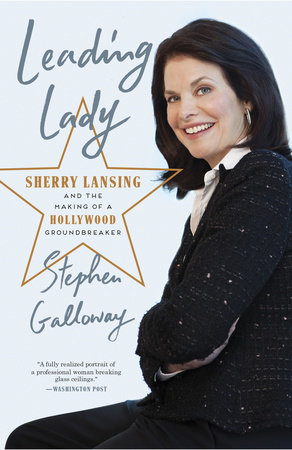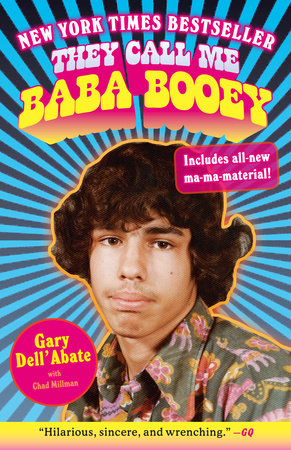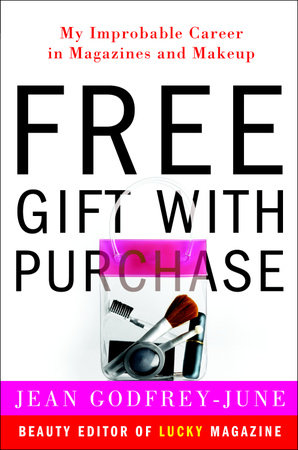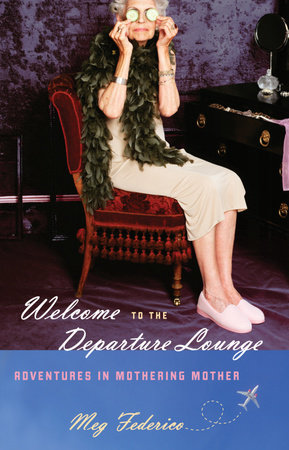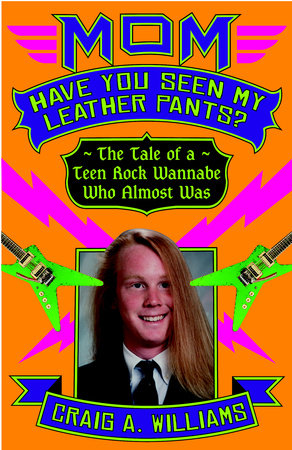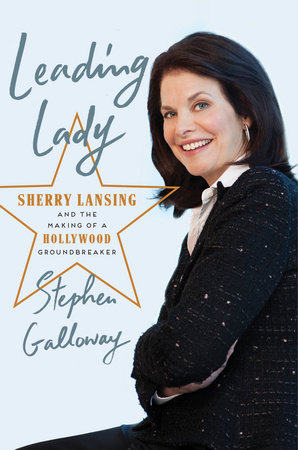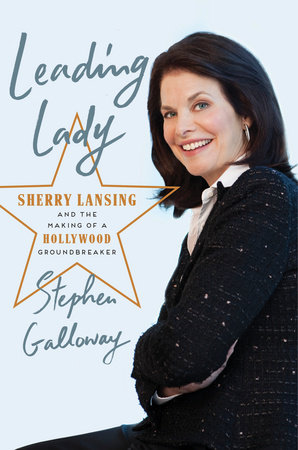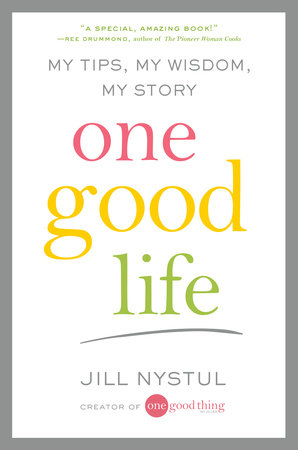Author Q&A
A conversation with Stephen Galloway,
author of
LEADING LADY:
Sherry Lansing and the Making of a Hollywood Groundbreaker
What made you want to write a biography of Sherry Lansing?
When Sherry Lansing was named president of 20th Century Fox in 1980—and became the first woman ever to run a studio—the news ricocheted around the world. I was a teenager in England when I read about it and wondered who on earth this woman could be. Many years later, when I started working at the Hollywood Reporter, I got to meet her and became fascinated not just by how she’d broken that glass ceiling but also by how someone as strong as she could still be so gracious and humane. As I looked into her story, I became intrigued by the sheer sweep of it—her mother fleeing Nazi Germany in the 1930s; Sherry’s rise as an actress, starring in a movie opposite John Wayne; and then becoming a two-time studio chief and the most powerful woman Hollywood has ever known.
What is it about Lansing that led her to succeed in Hollywood to a degree that no other woman had?
Sherry has astonishing willpower and strength but wrapped in the most velvet of gloves. She had an ability to make people feel good, even when the news she was conveying was bad.
Lansing’s mother was a remarkable woman whom Lansing credits as her first role model. Can you tell us a bit about her?
Margot Heimann was a teenage girl when her world collapsed as the Nazis rose to power. She fled Germany months before Kristallnacht and embarked on a voyage that took her from Mainz to England and eventually to Chicago. I was lucky to track down six people who knew her in the 1930s, all of whom remembered her warmth and charm. But I was equally struck by her strength: when her husband died, leaving her a heartbroken young widow with two young kids, she took over his business and refused to let any man help her. She was a feminist in action, if not in thought.
LEADING LADY is an objective account of Lansing’s life, but she clearly gave you a lot of her time. How did you earn her trust?
It took a long time, and I think the depth of the research and what it uncovered was pivotal. There was an amazing moment when I found out something Sherry didn’t know: that her mother had been engaged in the early 1940s, before she met Sherry’s dad. She was shocked and fascinated.
As the executive editor of the Hollywood Reporter, you’re privy to the inner workings of the industry. In the course of your research, did you learn anything that surprised even you?
I was surprised by all the battles involved with iconic movies such as Forrest Gump and Braveheart and Titanic. There was one moment on Braveheart when Mel Gibson got so mad, he threw an ashtray through a wall. Angelina Jolie had to be drug-tested on Lara Craft: Tomb Raider. Robert Redford walked away from The Verdict. Titanic ended up costing $210 million and James Cameron almost got into a punch-up with one studio executive. The fights were endless.
You describe Lansing as a paradox. Why?
She was a feminist icon who was never especially active as a feminist; a revolutionary more at ease with the establishment than with any rebels; a groundbreaker who seemed oblivious to the ground she had broken.
You interviewed more than two hundred people to get a sense of Lansing. Did you ever encounter resistance in getting people to talk? Was there a consensus opinion about her?
I was surprised how few people knew Sherry on a deep level. They saw the outside—a sort of Secretary of State of the film industry. They never sensed the angst and insecurity inside, or the powerful ambition that drove her.
Almost everyone agreed to be interviewed, except Tom Cruise. There’s a remarkable scene in LEADING LADY when he and one of Sherry’s executives battle over Scientology, and I can only imagine he didn’t want to talk about things like that.
At the height of her success, Lansing left Hollywood to dedicate herself to philanthropic work, saying she was starting her second act. What drove her to do so?
When Sherry was in her late forties, her mother died of cancer. It was one of the most traumatic moments of her life, and at that point her mind began to turn to helping to end cancer, and then to other social causes. Eventually, they came to matter to her more than film.
Did Lansing have a lasting impact on Hollywood? If so, in what way?
Without Sherry, doors would never have opened for other women to run the studios and networks—or at least not for many years. Now, women are in positions of power in almost every major entertainment corporation. As Meryl Streep says, Sherry paved the way for the tsunami of women who followed her.
Why is Fatal Attraction, which Lansing produced, such a meaningful film for her?
Sherry was on the brink of turning forty, one of the most famous women in Hollywood, and yet she found herself becoming so obsessed with a certain man that she’d drive past his house in the middle of the night just to see if another woman was there. That’s what drew her to Fatal Attraction, only she identified with the Glenn Close character, not Michael Douglas.
Sexism was rampant in Hollywood when Lansing was coming up. How did she deal with it?
She was harassed all the time. Once, as a young actress, she went to see an agent and he came running out in his boxer shorts, expecting sex. One studio owner called her “doll face.” Other times, her bosses refused to let her be part of their boys’ club. She dealt with it by choosing not to notice it. She didn’t so much turn a blind eye as fail to let it register altogether.
Lansing green-lit Titanic. Was that a tough call?
Fox had decided to make the movie when its budget spiraled out of control. As the chairman of Paramount, Sherry offered to split the cost but insisted her investment be capped to $65 million. That was a massive amount of money for a story about a sinking ship, but just about the best investment in movie history. Paramount made a fortune.
Lansing says she’s left Hollywood behind and is now excited by public education and science. Does she truly not look back?
She never looks back. Even at age seventy-two, she only thinks about the present and the future.
